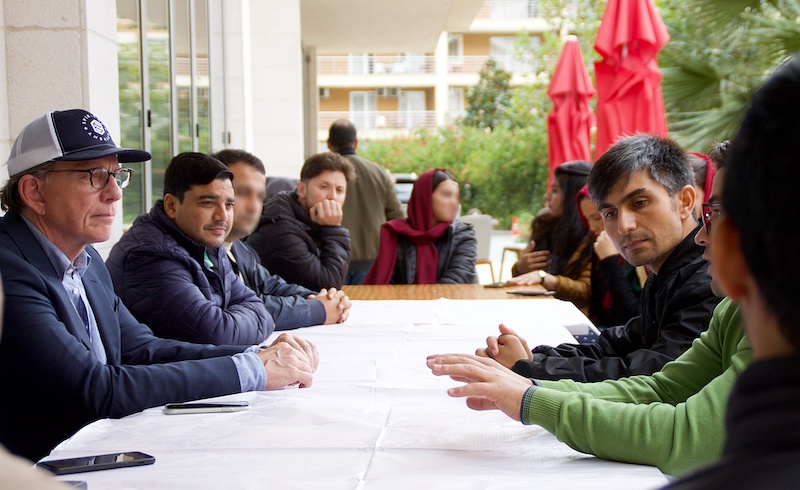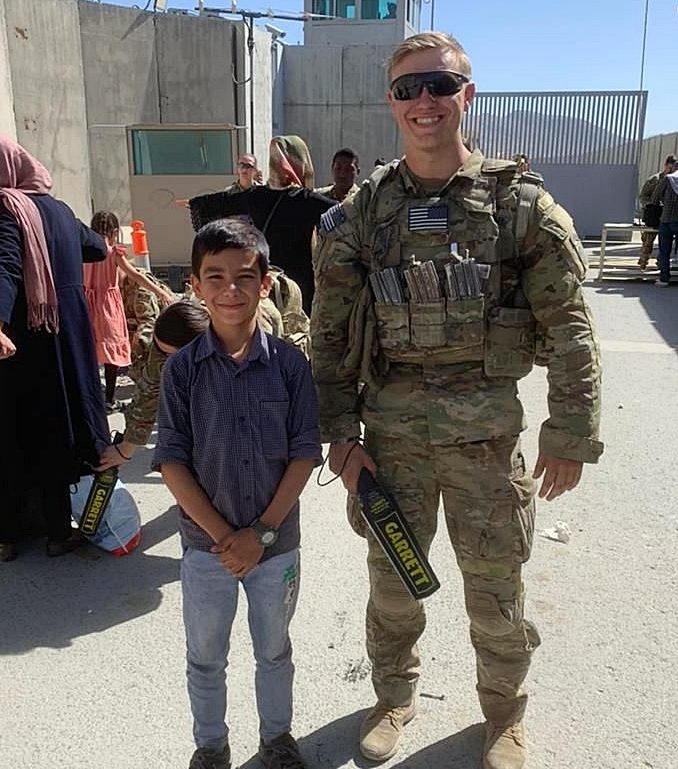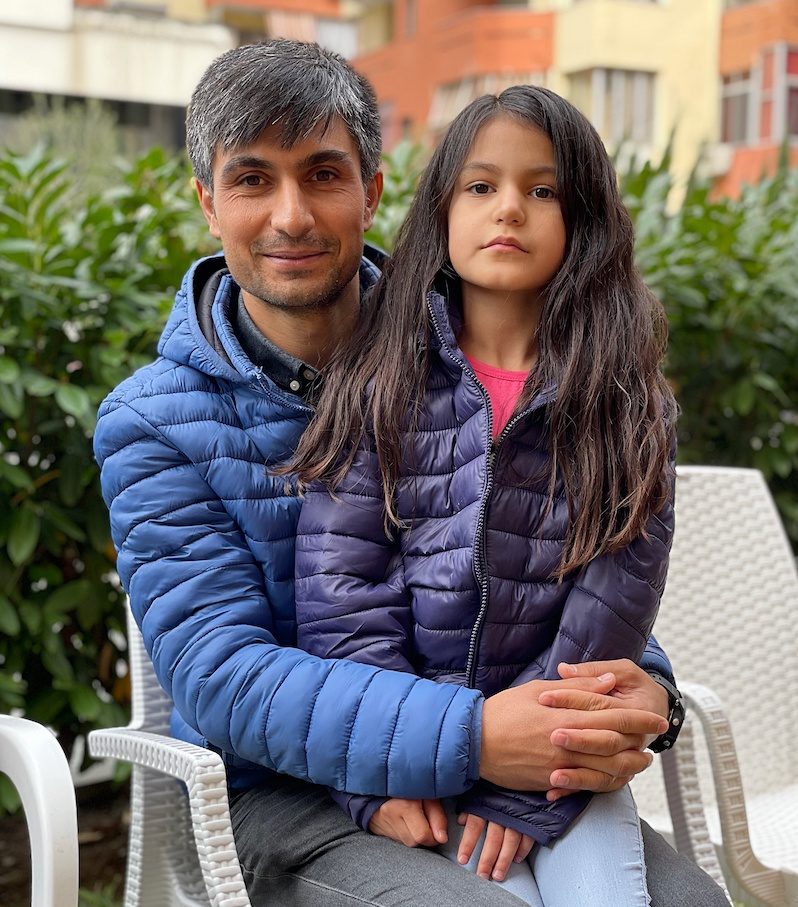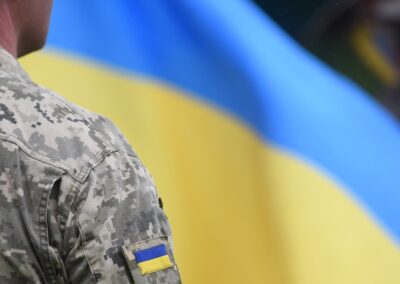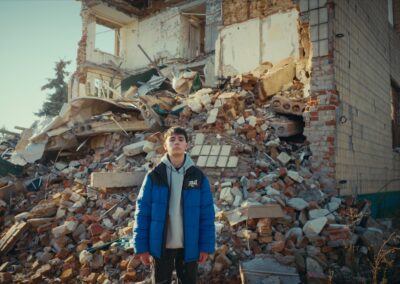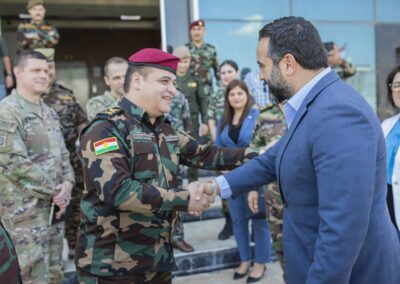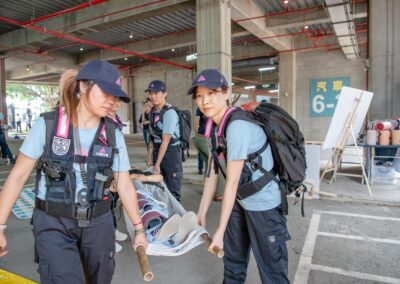Hasib’s story
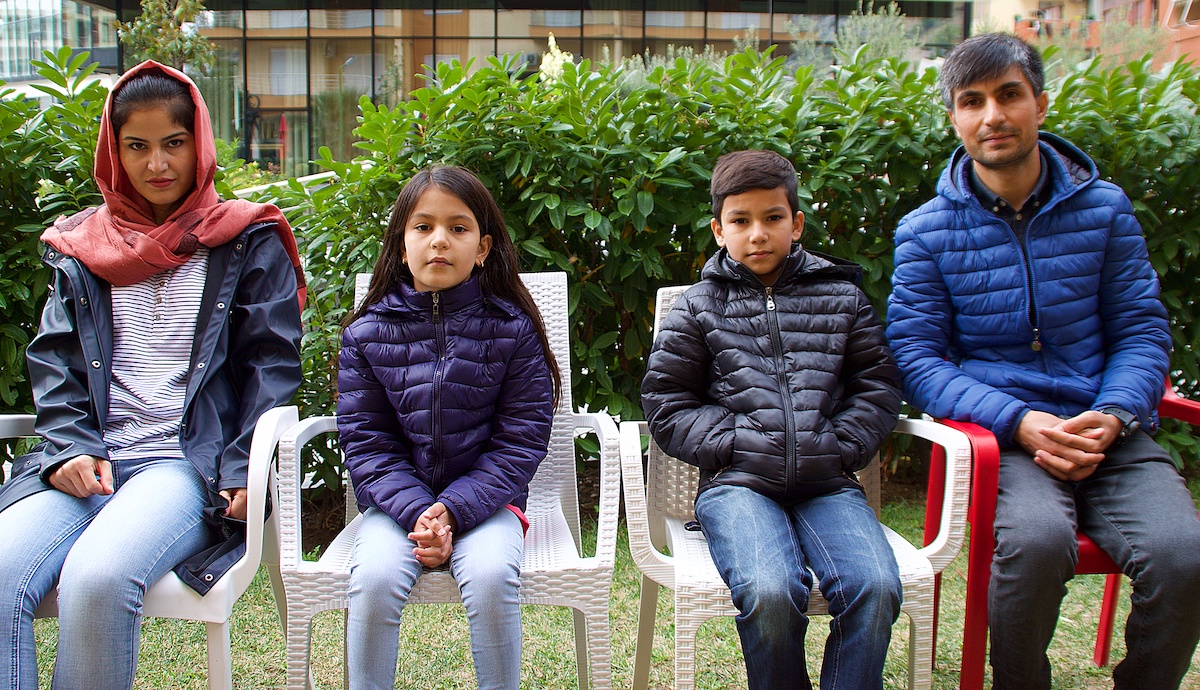
Hasib was at the bank when the Taliban re-took Kabul. As chaos broke out in the crowded streets, Hasib abandoned his car and quickly walked home where he immediately started disposing of anything that could potentially link him to the United States. His American education – he received his PhD from Michigan State University – and work with USAID made him a prime target.
Over the next few days, Hasib moved his family around to avoid capture. They had to be ready to head for the airport at a moment’s notice. Hasib spent an excruciating amount of time waiting for an evacuation message from US contacts that he began to doubt would ever arrive. At the point of losing all hope, Hasib finally received a message to board a minibus that was part of a large convoy heading to the airport.
The convoy made 10 unsuccessful attempts to get into the airport, each time being blocked by a Taliban member holding a gun and threatening to beat anyone who did not turn back. The bus was overcrowded with no food or bathrooms. At one point, the son of Hasib’s friend fell to the floor, struggling to breathe. Though he risked being shot by the Taliban, Hasib briefly left the bus to get water for the boy.
After almost 24 hours, the buses finally made it through the airport gates. The relief felt by the passengers was short-lived as they joined a line of thousands of people waiting to pass through checkpoints. There was nowhere to sit or take shelter from the cold wind. His children eventually gave into exhaustion and fell asleep amid piles of trash. Night approached, and they still did not have food or access to toilets. The next day, they could hear the blasts from the suicide bombing, which killed 13 US servicemembers and 170 Afghan civilians. The crowd panicked: They did not know what was happening, and they had no place to take cover.
Despite his harrowing journey and all of the uncertainties he faces, Hasib remains hopeful. He hopes to help his wife finish medical school and become a doctor; he hopes to give his children an education so that they grow up to be good people; and he hopes to one day serve the people of both America and Afghanistan as an Afghan-American.


